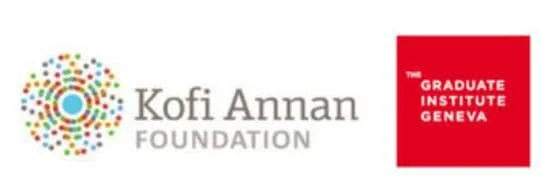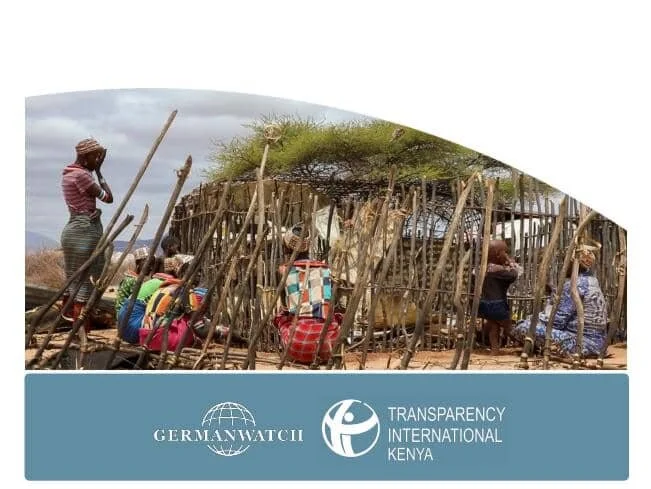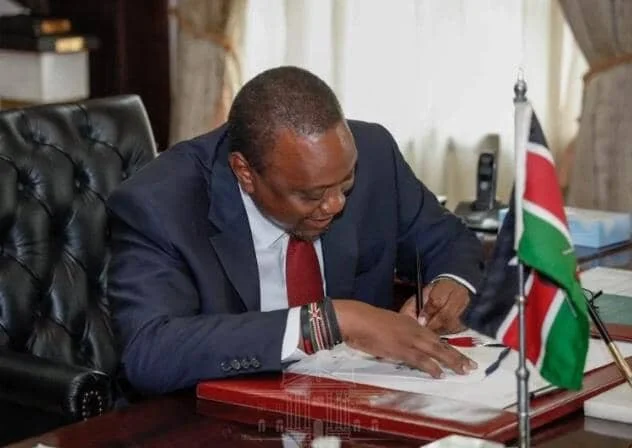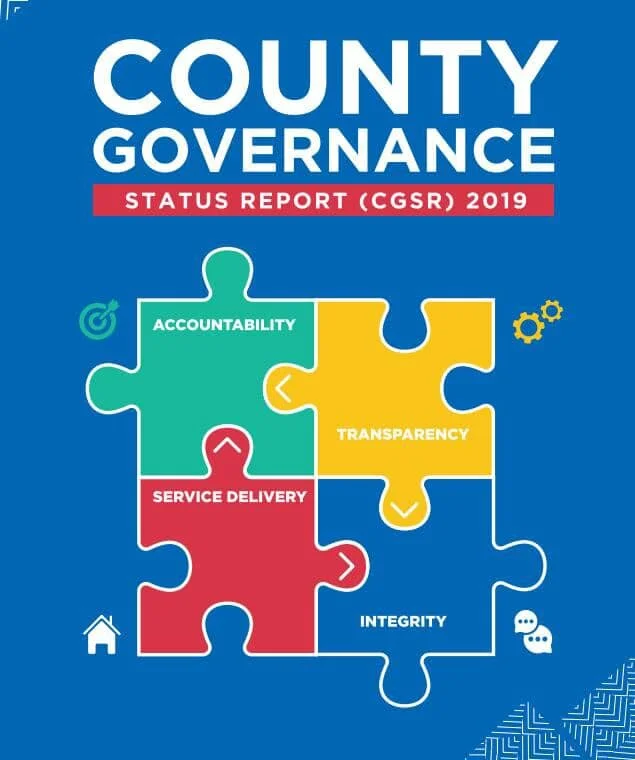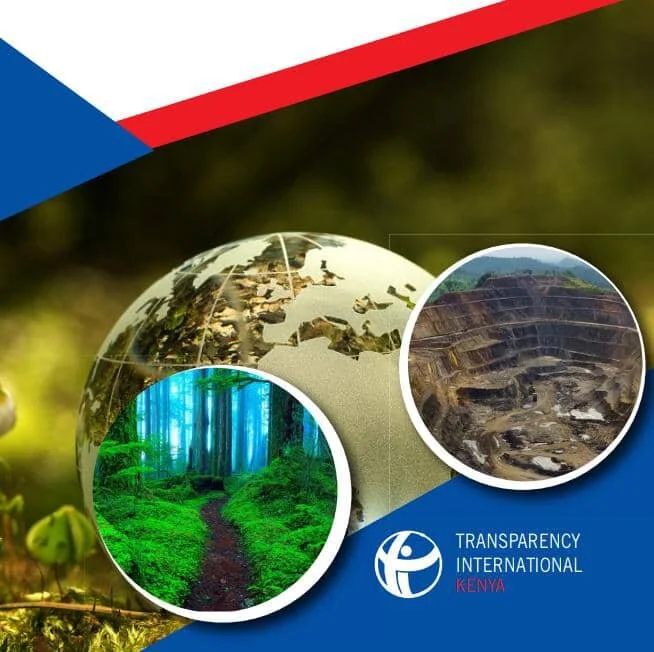Social media has been used by marginalized voices to raise issues of concern within the society, mobilize youth groups, and hold political leaders accountable for their campaign promises. The Youth Cafe has been part of an online event, Democracy In East Africa In The Wake Of The Coronavirus Pandemic: Challenges And Opportunities. Our main focus was on: The next generation and Youth inclusion in politics. Governments and policymakers in East Africa are reluctant to include youth in the formal political systems. What future do the youths want and how can they increase their participation in politics?
Advancing African Risk Capacity In Kenya
This policy paper focuses on the ARC contingency planning process in Kenya and analyses the compatibility of the development, as well as the implementation of related plans, with human rights standards. It thereby applies the human rights-based approach to climate and disaster risk financing (HRBA-CDRF) to assess the degree of compatibility, identify room for improvement, and provide recommendations addressed to the responsible actors. The methodology is based on the HRBA-CDRF with its five principles of non-discrimination and equality, participation and empowerment, transparency, accountability, and do no harm.
Report Of The Steering Committee On The Implementation Of The Building Bridges To A United Kenya Taskforce Report
The Steering Committee has undertaken the daunting task of listening keenly to a multiplicity of voices responding to the BBI Taskforce Report. As per its mandate, the Steering Committee has made recommendations on the implementation of the Report, which are structured in the following thematic areas: Constitutional, legislative, policy, and administrative. This report contains the results of a two-year process in which Kenyans from every walk of life, in every County, across Government entities, and with a wide variety of expertise made their views known through the BBI process.
Constitutional Amendment Bill 2020
The objective of the bill is to amend the Constitution of Kenya to address issues arising from its implication, specifically the need to resolve issues of divisive election and promote gender equality in government; strengthen the structure of devolution and increase resource allocation to the counties, broaden mechanism for all the people of Kenya benefit from economic growth; harmonize certain roles and functions of the bicameral legislature; fortify national ethos by specifying the responsibilities of the citizens, and strengthen accountability on public resources and the fight against corruption.
County Governance Status Report (CGSR) 2019
The study drew respondents from 16 countries distributed across all regions in Kenya. a total of 2.422 citizens participated in the survey, 52% being male and 48% being female. More than half (51%) of the respondents were between the age of 18 and 35 years while 41% of the total respondents had attained secondary education. The study also drew respondents from both arms of the county government which elected Members of County Assembly(MCAs) comprising the highest number (33) of respondents followed by Council Executive Committee Members (CECs) who totaled 22.
Environmental Impact Assessment Process In Kenya
Under Kenya’s environmental laws, Environmental Impact Assessment is required for all projects that are likely to have a negative effect on the environment. The law classifies these projects into three groups according to the seriousness of their likely effects, namely: Low Risk, Medium Risk, and High-Risk projects. The full list of projects classified under these three categories is outlined in the Second Schedule of the Environmental Management and Coordination Act.
Youth Initiative Kenya (YIKE) | Kenyan NGO
Youth Initiatives-Kenya (YIKE) is a local Non-Governmental Organization (NGO) that was established in 2003. The organization was formed out of academic research on the “Role of Youth Groups in the Development of their Communities” by the founding members. Thus, YIKE was established to assist marginalized and disenfranchised youth to develop initiatives that can generate income to build sustainable socio-economic livelihoods.
International Youth Foundation | Global Partnership for Youth Employment (GPYE)
With a special focus on Africa and the Middle East, GPYE sought to address the youth employment challenge through improved knowledge-sharing, policy dialogue, and local engagement. Using this evidence-based approach, partners launched a range of youth employment programs, research initiatives, and learning events through 2014.
Young Africa International | The HUB
Young Africa is a confederation of independently and locally registered affiliated NGOs. Each affiliate runs training centres, youth self- employment programmes and community activities. Young Africa International is the founder of the confederation. It safeguards the vision, supports the work of the affiliates and seeks to expand our reach.
Regional Leadership Centers | U.S. Department Of State
YALI Regional Leadership Centers (RLCs) are located at higher education institutions in sub-Saharan Africa and offer leadership training programs to young leaders between the ages of 18 and 35. By providing in-person and online training, networking, and professional development opportunities, the RLCs serve as a place for regional collaboration driven by young leaders.


